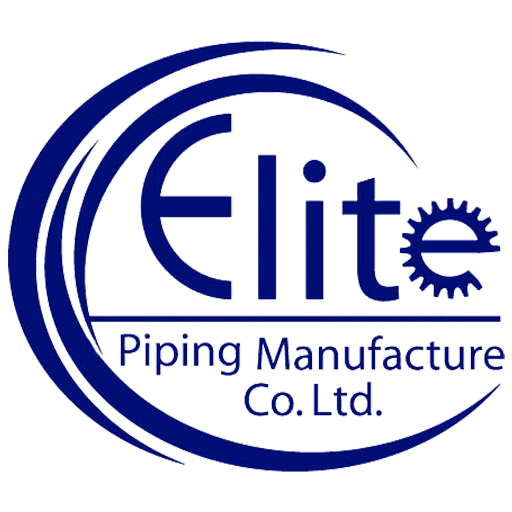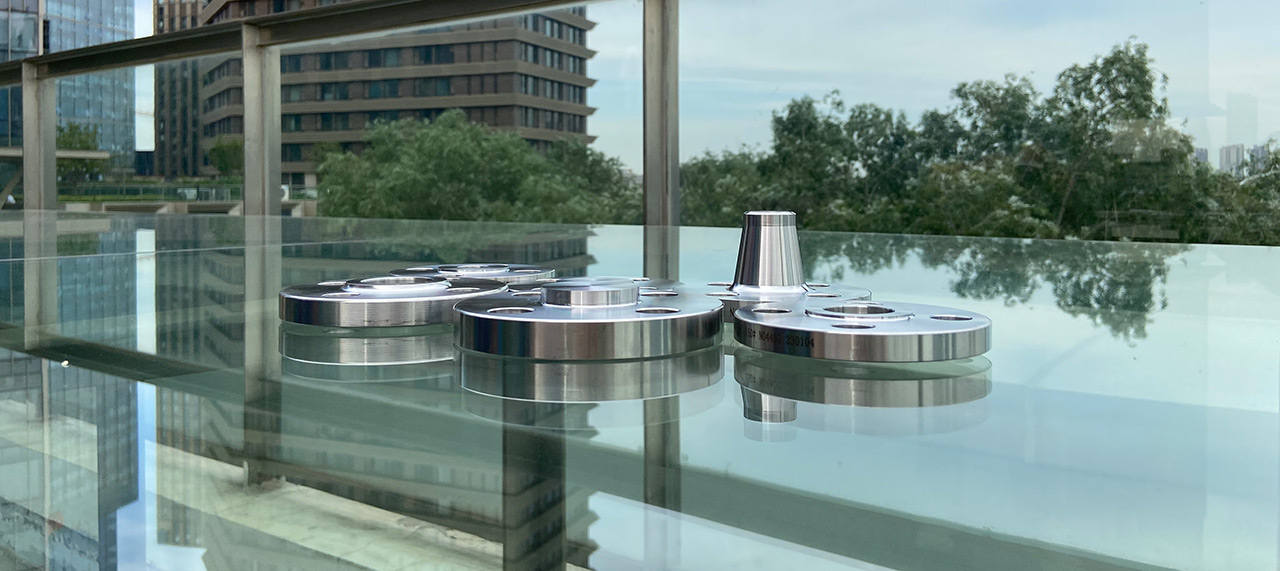Share this
Advantages of Forged Flanges
High Strength
During the forging process, metal grains are refined, and internal defects are minimized, significantly enhancing the mechanical properties and fatigue resistance of the flange.Exceptional Toughness
Forged flanges demonstrate excellent toughness under high pressure and extreme temperature conditions, making them suitable for critical applications.Superior Sealing Performance
With high surface finish and precise dimensions, forged flanges improve sealing performance and reduce the risk of leakage.Flexible Customization
They can be tailored to various shapes and sizes, meeting diverse engineering demands.
Disadvantages of Forged Flanges
Higher Cost
The forging process is complex, requiring significant equipment and production investment, making forged flanges more expensive than cast ones.Size and Weight Limitations
The production of large forged flanges is constrained by equipment capacity and raw materials, offering less flexibility compared to cast flanges.Longer Production Cycle
Forging involves multiple steps, leading to a slightly longer delivery time than other manufacturing processes.
Forged flanges are indispensable in industries requiring high strength and safety, such as oil, chemical, and power sectors.
Choosing forged flanges means opting for quality and reliability!

